Anne Applebaum: ‘Russia is playing a special role in aggressively seeking to upend the status quo’
With more global leaders choosing their own personal and financial gain over the greater good, author of ‘Autocracy Inc’ Anne Applebaum is sounding the alarm loud and clear. John Kampfner meets her to hear why she thinks Western democracy could easily collapse in our lifetime
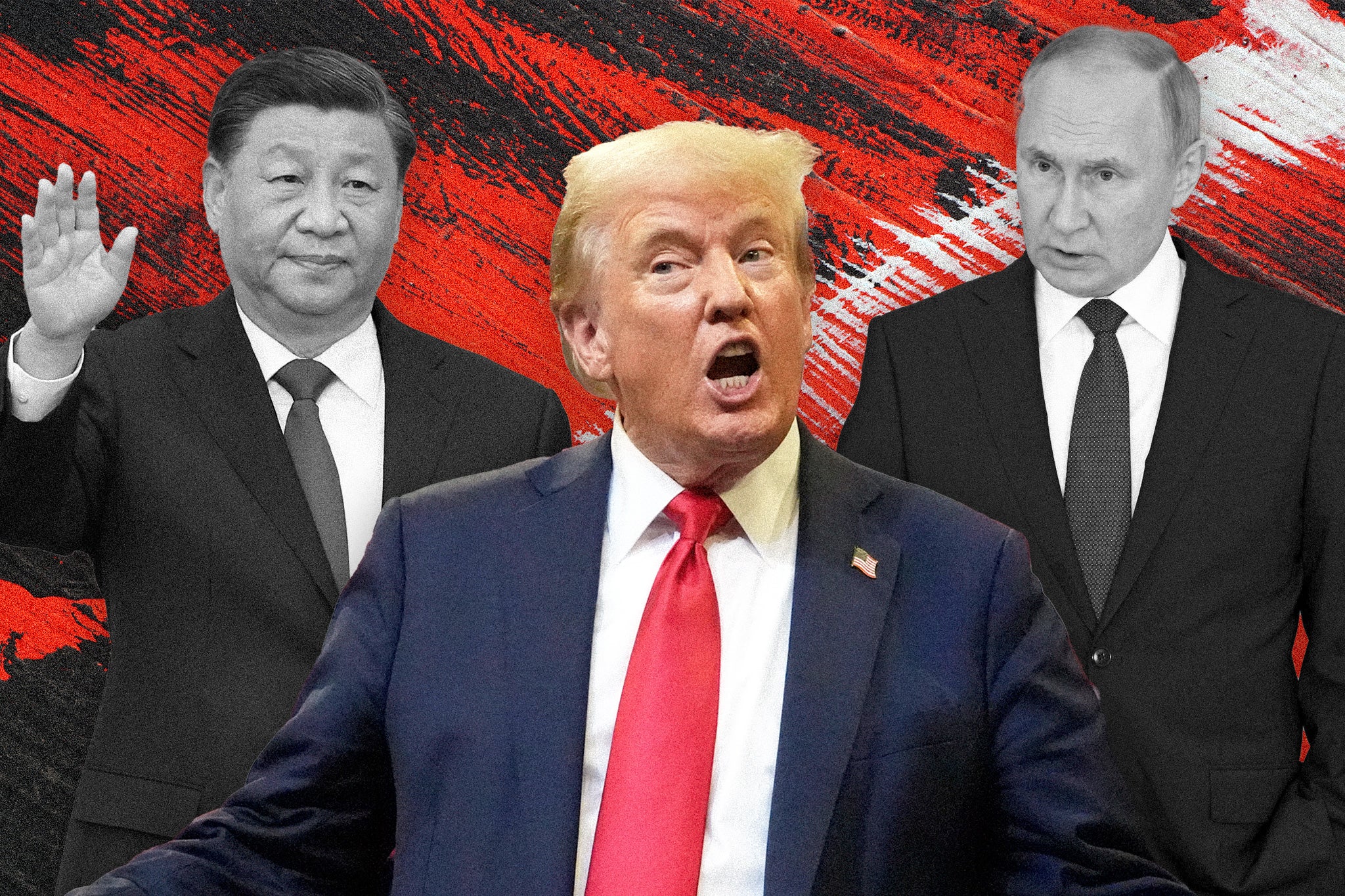
There is no historical arc. There is no rule that democracy will survive or that it will collapse. It’s down to us.”
That is the rallying cry of Anne Applebaum, the award-winning author, about the increased threat posed by autocrats within and without Western societies.
An American by origin, she divides her time between her homeland and two other countries that have spent several miserable years battling a rise in right-wing populism. For her latest book, Autocracy Inc., she wanted to examine the current generation of dictators around the world driven less by ideology, more by self-enrichment.
In order to achieve that, they need to undermine civil society, remove checks and balances and most of all, foment chaos wherever they can. For autocrats to thrive they need two sets of accomplices – populist politicians and an army of international accountants, financiers and real estate agents who help them launder tens of billions of dollars.
“The globalisation of finance, the plethora of hiding places, and the benign tolerance that democracies have shown for foreign graft now give autocrats opportunities that few could have imagined a couple of decades ago,” Applebaum writes.
Everywhere you look, she says, you can see the malign hand of Vladimir Putin. “Russia plays a special role in the autocratic network, both as the inventor of the modern marriage of kleptocracy and dictatorship and as the country now most aggressively seeking to upend the status quo,” she notes.
In any conversation about democracy versus authoritarianism, it is worth beginning with a situation report. Over the past month, Ukraine has embarked on a startling incursion into Russian territory; Britain is recovering from riots; after a brief Olympics interlude, France is returning to political uncertainty and Germany is preparing for two regional elections that are expected to see the far-right AfD emerge on top.
Yet the development that potentially dwarfs everything is the forthcoming US elections. Kamala Harris may have made an impressive start to her campaign, having inched past Donald Trump in the national polls this week, but November is a long way away and nobody is writing off a Trump victory just yet.
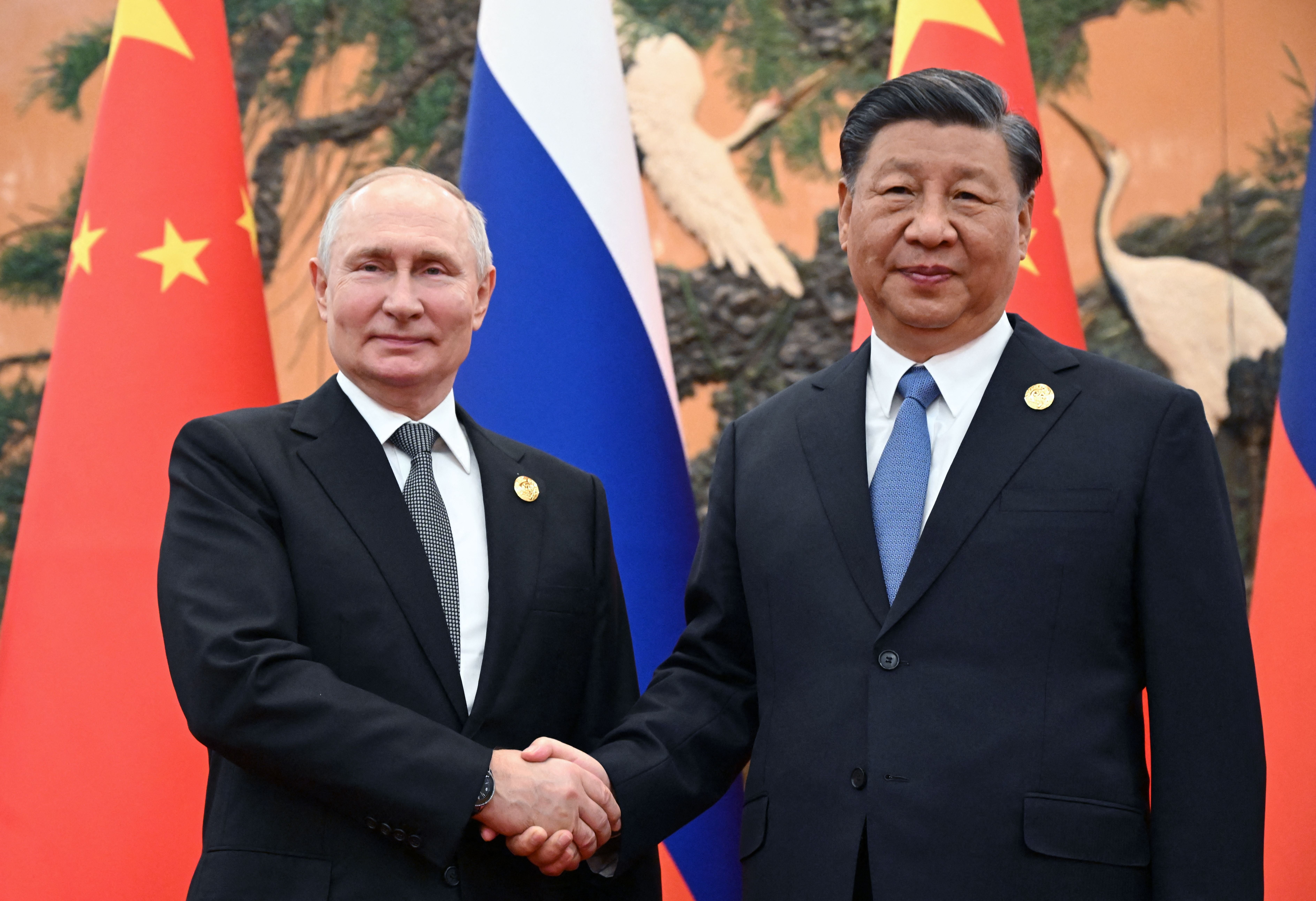
Applebaum’s previous book, Twilight of Democracy, was a personal and impassioned reflection on the ease with which some of her erstwhile friends had embraced extremism. She masterfully studies the mindset, seeing the Trump effect through the lens of distraction and chaos.
“We could be in for a period when the US is not the leader of, or even aligned to, the other Western democracies. The US may become so obsessed about its own catastrophe that it will have no space to think about the rest of the world.” Her analysis is hardly sanguine, but, as she says herself, “I dislike apocalyptic thinking”.
On Ukraine, she believes Trump has several options that could, but not necessarily will, lead to a halting of arms sales and pressure on Volodymyr Zelensky to sue for peace. “He is a blank canvas. He has no security policy of his own.” As she points out, even if the cards are stacked against the Ukrainians, there is no sign – as the latest events attest – of them giving in to a diktat from Moscow.
In foreign policy, as in domestic policy, Trump, she suggests, “is purely transactional, doing deals for his personal or financial gain. He is not interested in national security. He is dictated purely by narcissism.”
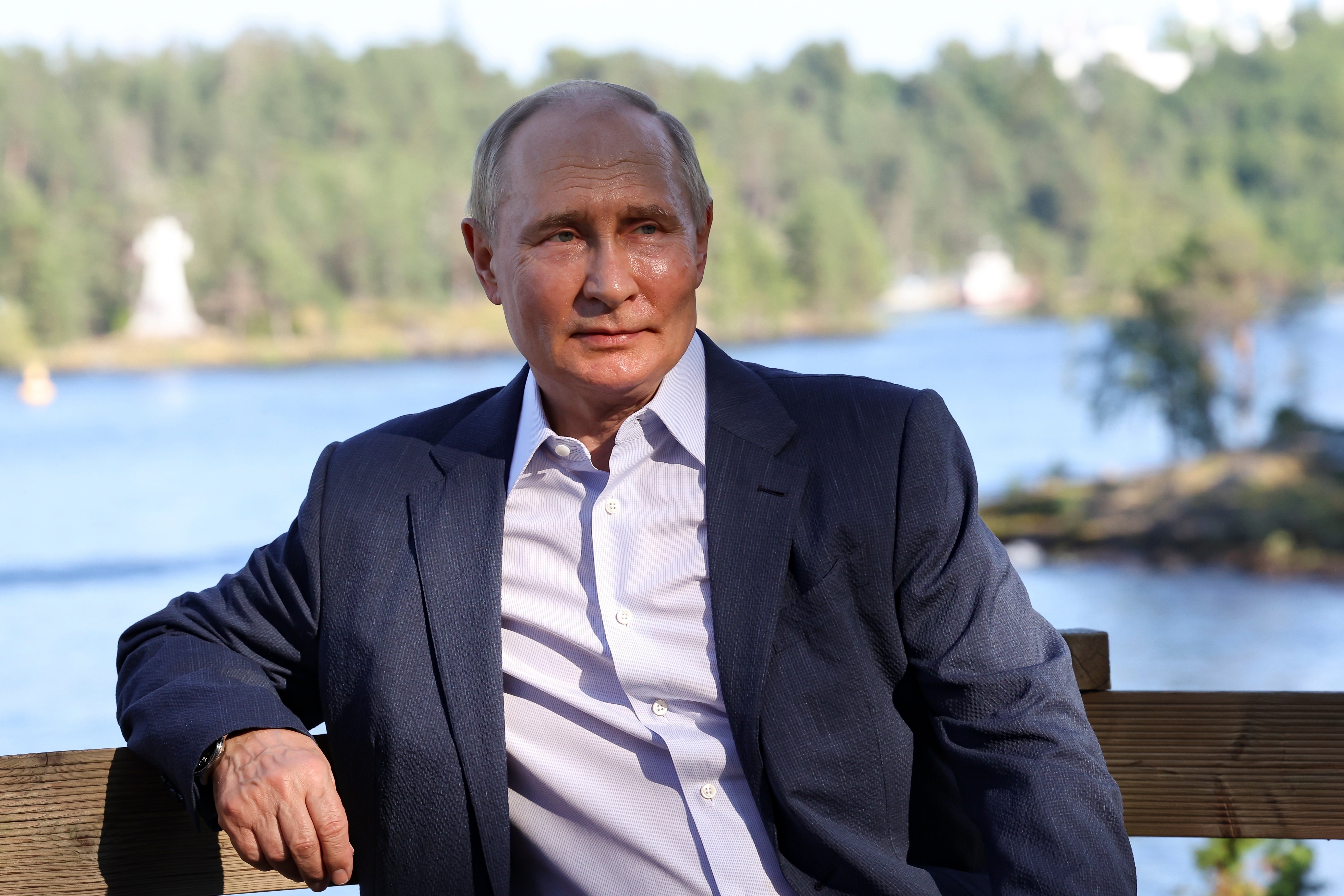
In this vacuum, an opportunity, “an enormous role for Europe”, presents itself. “I could imagine an inner NATO, involving Poland, the UK, the Nordics and the Baltics and possibly Germany too. Countries that feel physically, kinetically threatened. This does not exclude German or French leadership either.”
Applebaum and others like her who for years have argued for a more robust approach towards Russia struggle to banish their scepticism towards Germany, a country they see as having indulged Putin. Her latest work highlights how successive governments in Berlin clung to the now-discredited notion of Wandel durch Handel, change through trade, hoping that mutual dependency on energy through the Nord Stream gas pipelines would help integrate Russia into the global economy and rules-based order. We know what happened next.
Given her track record sharply criticising those who have been weak-willed towards Putin, she tells me she is surprised but delighted that she is being conferred the annual Freedom Prize at the Frankfurt Book Fair in October. (Last year’s laureate was Salman Rushdie).
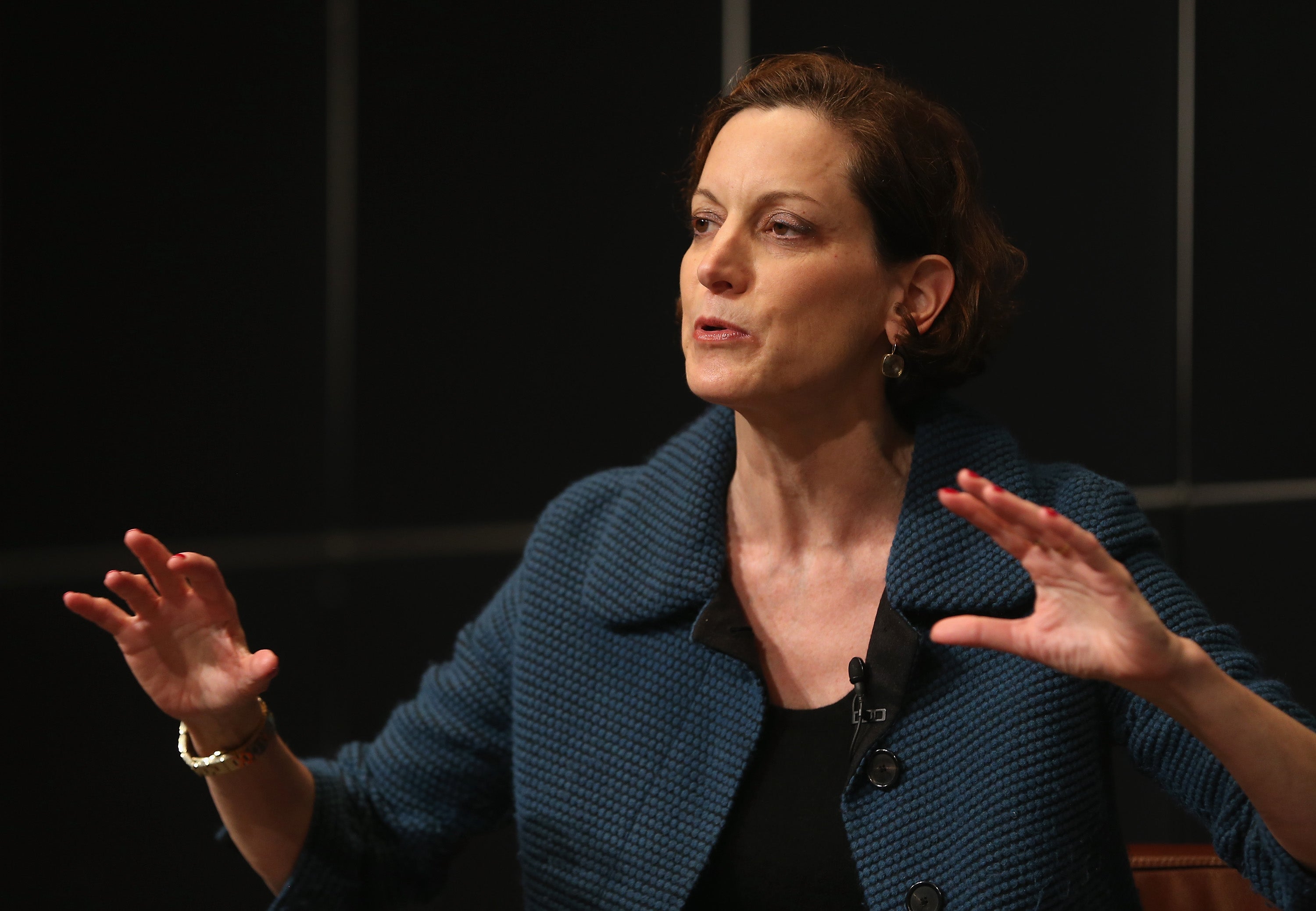
I suggest it is because of that tough track record that she now being honoured, as many Germans are coming round to the need of a more vigorous defence policy. Germany, she concedes, has changed enormously. “It is like a huge oil tanker. It turns very slowly, but once it does, then it catches up.”
It is true that public opinion has moved some distance – though as Germany’s far-right AfD’s continued strength shows, sympathy towards Russia and a cleaving for “peace” – any kind of peace – is still entrenched in much of German society.
She recounts a story of a German friend who tells her he imagines waking up with a nightmare vision of his country being threatened by three dictatorships, Russia, China – and the United States. That is at the most dystopian end of predictions about Trump, but given the unpredictability of contemporary politics, nothing is impossible.
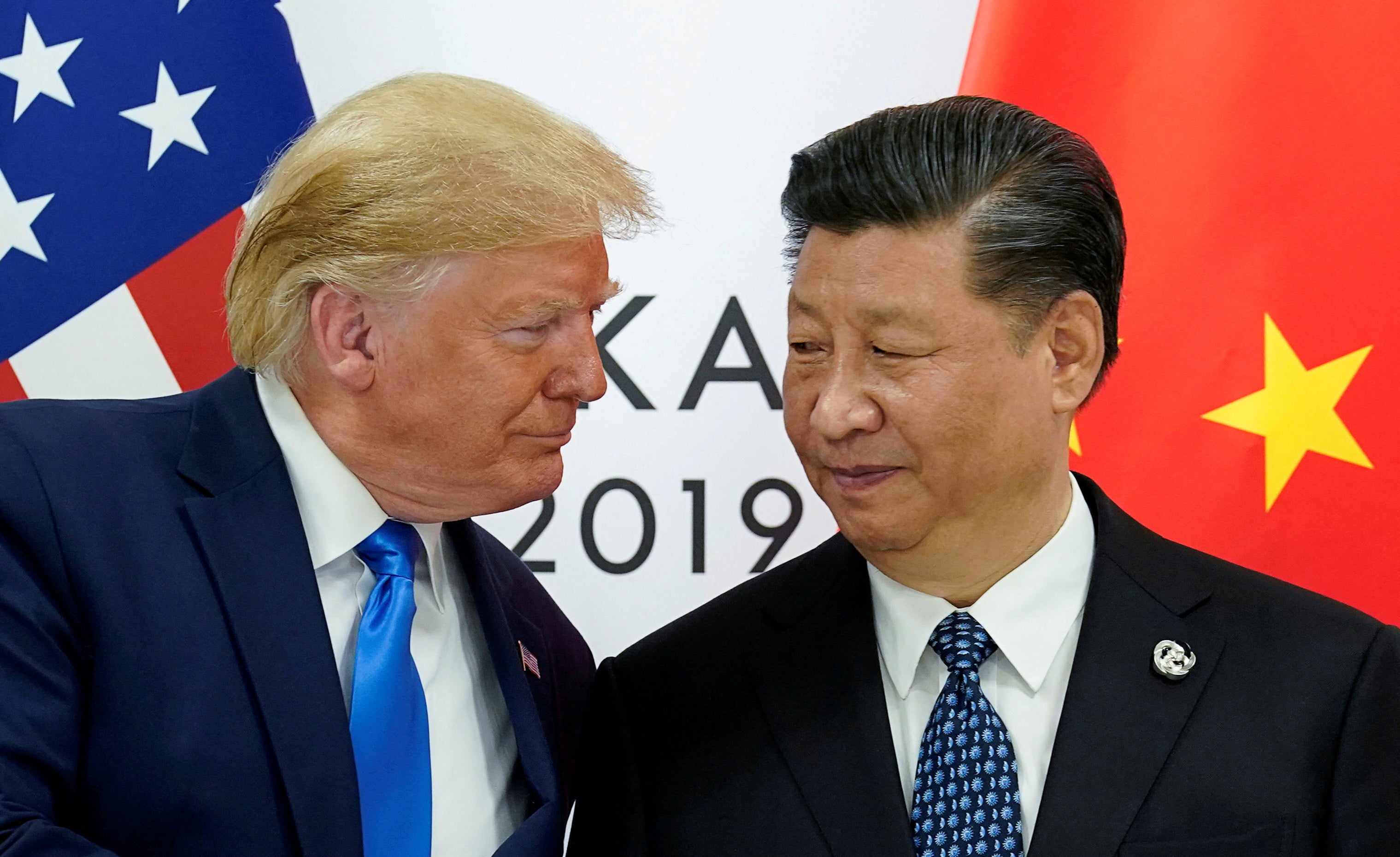
And what of the powerful puppet masters who pull the strings in the shadows? We discuss social media, bots and other disinformation peddling that has fuelled far-right movements across Europe. Also in the race riots that exploded across the UK at the end of last month.
“Of course, Russia was involved in some way – and that is the working assumption among tech experts and security services. But it doesn’t mean Putin caused them,” she argues. That is consistent with past practice. “Were there weird Russian links with the Brexit campaign? Yes, there were.”
I remember back in the early to mid-2000s railing against the notion of Londongrad and the role of Russian money in British public life, to which a member of Tony Blair’s cabinet responded to me: “We need the money to fund our schools and hospitality”. Such naivety has mercifully long gone; the financial web however has not.
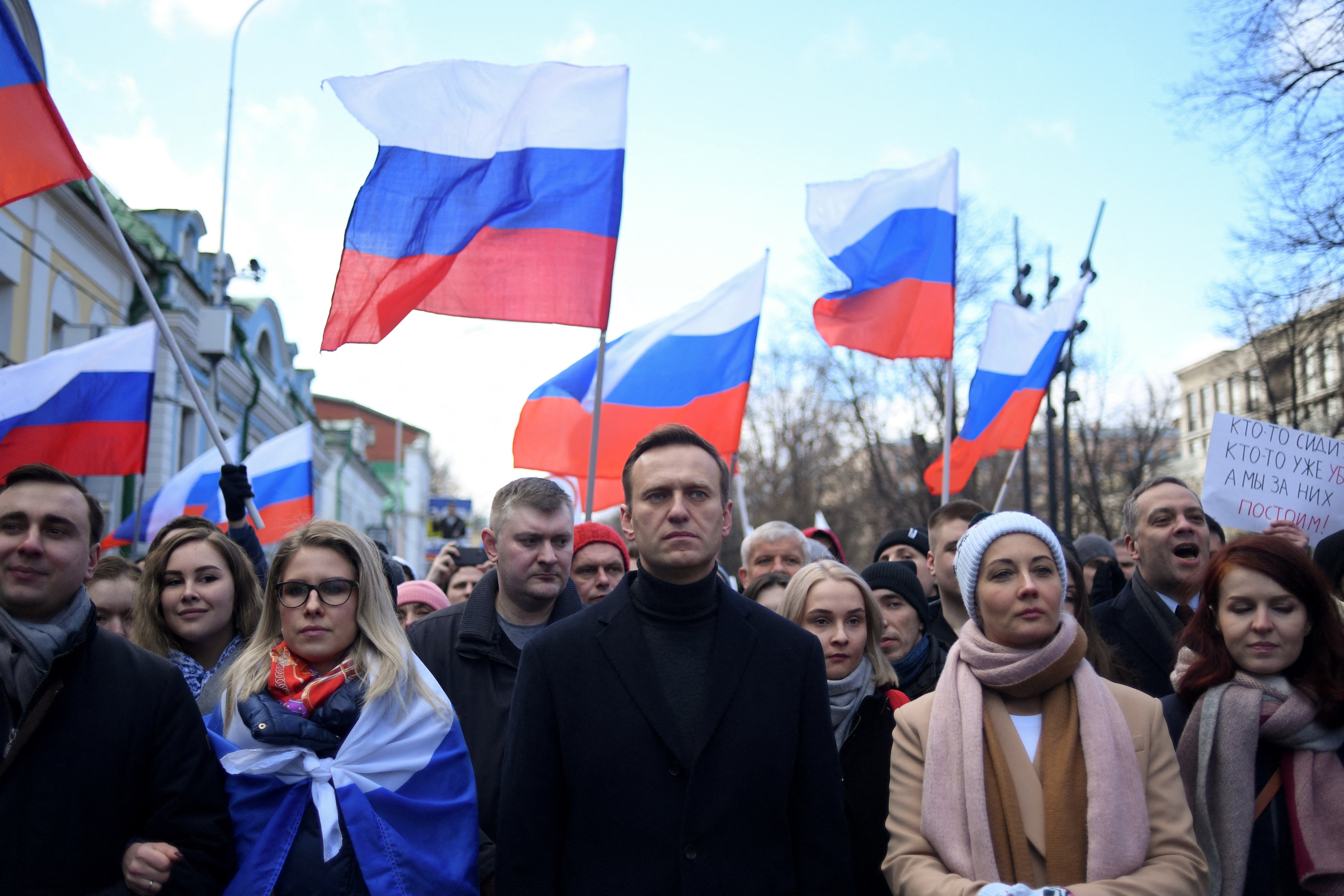
Applebaum writes cogently about the West’s refusal, which continues to this day, to go after Putin’s money and to investigate the financial links between the Kremlin and those in the West seeking to undermine democracy. I’m struck particularly by one passage of the book, in which she talks about an envoy of Carles Puigdemont, the escaped Catalan leader, going to Moscow in 2019 to seek government help in creating secret bank accounts and businesses that would fund pro-independence operations.
And while an ideology of sorts has been crafted by Putin – a war on a decadent, gender-bending, gay-loving “woke” elite – the reality is simpler: “The vehicles of disruption can be right-wing, left-wing, separatist or nationalist, even taking the form of medical conspiracies or moral panic. Only the purpose never changes. Autocracy Inc. hopes to rewrite the rules of the international system itself.”
The book ends with a call to action. Autocracy is not a genetic trait, to which, Russians, say, or Chinese, are more predisposed. “No nation is condemned forever to autocracy, just as no nation is guaranteed democracy.”

What is needed is greater determination to confront the autocrats, in the battlefields of Ukraine and online. “We have to learn to compete while preserving and promoting our own values. That means breaking the autocrats’ monopoly on the use of strong emotions, connecting to audiences with the issues that concern them the most, and above all showing how the fight for truth leads to change.”
Applebaum ends on a hopeful note, acknowledging the good fortune of living in stable societies and strong economies for so much of our lives. Irrespective of the outcome of the US election or the determination of the likes of Starmer, these certainties however no longer exist.
She concludes with this: “I don’t expect there will be a moment in my lifetime in which we can say ‘it’s all over now, we can stop worrying’.”
Anne Applebaum’s book ‘Autocracy, Inc: The Dictators Who Want to Run the World’ is out now






Join our commenting forum
Join thought-provoking conversations, follow other Independent readers and see their replies
Comments